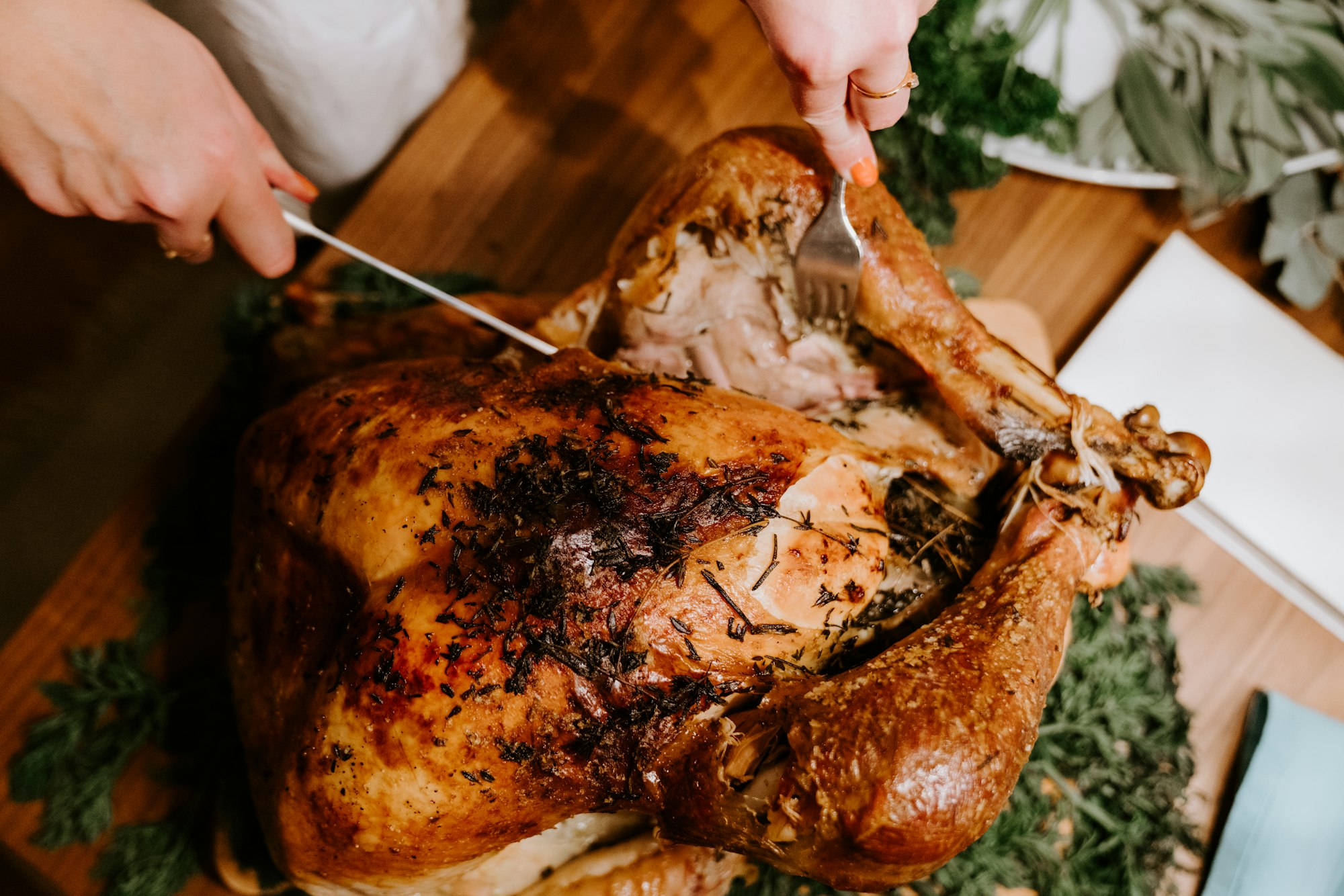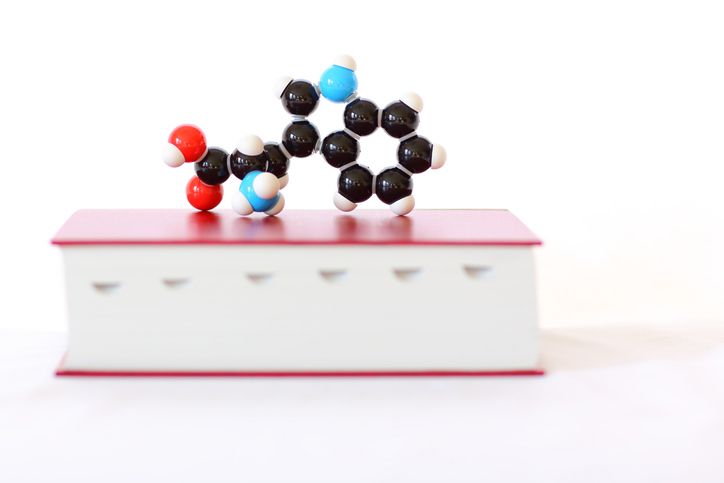Does Tryptophan in Turkey Really Make You Sleepy?
Why does turkey make you sleepy? You've finished your Thanksgiving meal and now you're ready for a nice nap. Is the bird to blame?

It’s an annual tradition every 4th Thursday in November: After acknowledging all that you’re grateful for—family, friends, nature’s beauty, good health (and hopefully good sleep, but if not, that’s why we’re here)—you tuck into the abundant turkey feast laid out on your groaning Thanksgiving table.
Then… the post-meal fatigue hits, and you’re ready for a nice nap.
Is the bird to blame for your food coma? Or is this a post-Thanksgiving myth that we perpetuate in order to avoid doing the dishes?
The sleep experts at Crescent want to set the record straight.

The usual suspect: L-tryptophan
Most people think that turkey makes you sleepy because it contains the amino acid tryptophan. Tryptophan is one of 20 naturally occurring amino acids found in protein-rich foods (including turkey) and is involved in our body’s production of the neurotransmitter serotonin, a mood regulator. Serotonin is also a precursor to the sleep-associated hormone melatonin. Both serotonin and melatonin work to relax our bodies and encourage sleep.
So if tryptophan is a precursor to serotonin, which is a precursor to melatonin, which is tied to sleep, then the tryptophan in turkey must be the reason we’re knocked out after Thanksgiving dinner. Right?
Well, not exactly.
What the science says about tryptophan in turkey
Tryptophan is considered an essential amino acid, meaning we have to get it through our diets because our bodies don’t produce it. Essential amino acids are often referred to as the building blocks for protein synthesis.
After eating your turkey dinner, tryptophan and the other amino acids found in protein-rich foods circulate through the bloodstream. In order for tryptophan to cross the blood-brain barrier and begin converting to serotonin, it needs a particular carrier protein to shuttle it across.
The same carrier protein that transports tryptophan also transports several other amino acids into the brain. Essentially, the amino acids all compete for space on the same carrier protein “shuttle” to cross the blood-brain barrier. This results in a limited amount of tryptophan actually making it into the brain to be converted to serotonin — and an even smaller amount that gets synthesized into melatonin.
So tryptophan doesn’t make you sleepy?
It does, but in greater amounts—and in a pure pill form (where it’s not competing with other amino acids to get to the brain).
Studies have shown that supplementing with 1 to 5 grams of tryptophan may help with sleep, but findings are inconsistent. Many adults who take tryptophan supplements to help with sleep take 5g. By comparison, a 6-oz turkey breast contains about 400 milligrams of tryptophan—meaning you’d need to eat around 12 servings of turkey to equal the tryptophan in a supplemental dose. That would entail quite a few trips to the buffet.
So then why am I sleepy?
There are several reasons you might be tired after your Thanksgiving meal:
- Sides like mashed potatoes, rolls, and stuffing—all high in carbohydrates—and sugar-laden desserts like apple, pumpkin, and pecan pie, can spike and then crash your blood sugar level, sapping your energy and making you sleepy.
- Also changes in metabolic activity after a big Thanksgiving dinner can signal the body to make digesting food a priority. (A big meal of any kind can cause a change in circulation that affects your energy and focus.) When more blood is diverted to the gastrointestinal tract to deal with your 6-course feast, less blood is available in the brain to keep you awake.
- Since resuming standard time a few weeks ago, the sun sets in the late afternoon across much of the northern hemisphere. Melatonin’s main role is to convey information concerning the daily cycle of light and darkness to body structures, and that includes making you drowsy when it gets dark. Much as you may want to watch another few hours of football, your body’s circadian rhythm is telling you it’s time to get some sleep.
- Thanksgiving feasts are often washed down with beer, wine or other spirits, and alcohol can make you drowsy, at least initially.
And just for the record, neither alcohol nor any of those Thanksgiving sides contain a trace of tryptophan. So don't blame the turkey.

